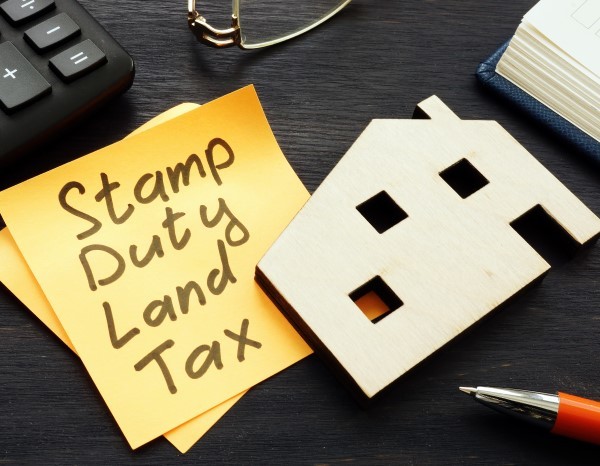
Since 1 April 2021, any non-UK resident purchasing UK residential property is liable to a 2% Stamp Duty Land Tax (SDLT) surcharge where the property is in England or Northern Ireland and cost more than £40,000. This applies to both individuals and companies.
The definition of 'non-UK resident' for the purposes of the surcharge is different than for Income Tax and Capital Gains Tax, both of which are determined by the Statutory Residence Test (SRT). This test allows you to work out your residence status for a tax year. Each tax year is looked at separately, so you may be resident in the UK in one year but not the next, or vice versa. For SDLT purposes, an individual will be deemed a non-UK resident if they were not present in the UK for at least 183 days in the 12 months prior to the purchase. It is therefore a relatively simple test compared to the SRT, but the discrepancy between the two definitions could mean that an individual that is UK resident under the SRT is treated as non-UK resident for the purposes of SDLT.
A worked example
Sarah has lived in Kenya all her life. On 1 May 2021 she moved to the UK to take up an offer of employment. She purchases a flat and the transaction completes on 1 July 2021. Sarah will clearly be UK resident for 2021/22. However, because she has only been in the UK for two months in the 12 months prior to the purchase she will have to pay the SDLT surcharge.
The good news for people in Sarah's position is that they will be able to claim a refund of the surcharge if they are present in the UK for at least 183 days in any continuous 365-day period starting one year before the purchase and ending one year after. In Sarah's example, a refund can be claimed in November 2021.
Companies will be deemed as non-UK resident if either of the following two conditions are met at the date of purchase:
- the company is non-UK resident for the purposes of the Corporation Tax Acts, i.e. not subject to UK corporation tax; or
- the company is resident in the UK, e.g. because it was incorporated here, but:
- it is a close company; and
- it meets the non-UK control test (see below); and
- the transaction is not an excluded transaction, e.g. by an Open-Ended Investment Company
The non-UK control test will be met if a participator controls the company, or is attributed with controlling the company, and they personally meet the non-UK resident test for individuals, i.e. they are not present in the UK on at least 183 days in the 12 months prior to the purchase.
It is important to note that the surcharge is in addition to any of the normal rates of SDLT. If the purchase is of a second (or subsequent) residential property, dependent on the prevailing rules the 3% surcharge will be payable as well as the new 2% surcharge. The top rate of SDLT may therefore be 17% in some circumstances.
There is a break for married couples and civil partners. If the property is held jointly, the new surcharge will not apply if one buyer in the relationship meets the UK resident criteria.
The information provided in this blog is for general informational purposes only and should not be considered professional advice. As far as we are aware, the content is accurate at time of publication. Torgersens assumes no responsibility for errors or omissions in the content or for any actions taken based on the information provided.


.jpg)

.jpg)



